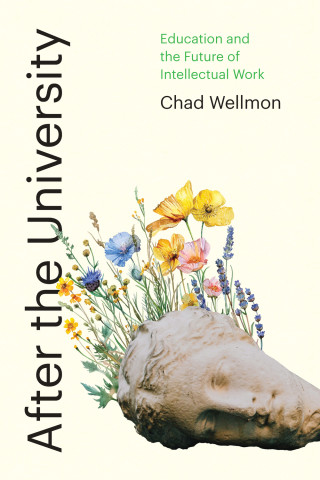
Reviews
The details of the participants' narratives are rich and compelling.
Well-conceived and organized, as well as theoretically and empirically rich, this book holds the promise to impact practice and policy.
Suspended is a penetrating study that reveals how school suspensions and unfair grading practices target inner-city Black children and set them up to fail in later life—a stinging indictment and a must-read for anyone wanting to truly understand persistent urban poverty.
Bell's analysis of students' experiences with anti-Blackness and school punishment is both powerful and gut-wrenching. Educators and student advocates who are serious about reducing violence in schools—especially the violence schools themselves perpetrate—need to read this unique and important book.
Through the use of historical data, the lived experiences of students and families, and Dr. Bell's own self-reflection, Suspended makes a compelling argument that America's education system is an anti-Black institution. This book is a must-read for anyone interested in understanding and dismantling the school-to-prison pipeline.
Suspended is an innovative look at the deep criminological and policy connections between the carceral state and our public school systems. Urban areas with high rates of poverty and crime are often artificially created due to systemic racism and unjust government policies like redlining. This literature is a call to action to a major problem of race and class in our American educational system and provides recommendations for the future of our inner-city youth.
Bell's depiction of inequity and criminalization provides more evidence of the importance of enacting policies and practices that ensure the safety, equitable treatment, and well-being of all youth within schools, especially Black youth.
In Suspended, Bell deftly weaves together academic theory, the voices of dozens of research participants, and his personal story to show how schools' approach to discipline and safety harms Black students and families.
In this book, Dr. Bell blends deep wisdom gained from his personal experiences as a suspended student with a set of rigorous and compelling scholarly insights. This book shows how public education systems in cities and suburbs are failing their most vulnerable students by excluding them from their own schools. Some of the suspensions described here are lawful; some are not. All wreak irrevocable damage on the lives of innocent children, their families, and communities. All transpire over the throbbing bass line of anti-Black racism that underlies our American system of schooling. By exposing the motivations and mechanics of public school suspensions while centering student and teacher voices, Suspended stands as an important and durable contribution to the study of school discipline.
Book Details
Preface
Acknowledgments
Introduction. The Battleground of Life
Chapter 1. The Burden of Punishment
Chapter 2. The Code of Violence
Chapter 3. Educator-Targeted Violence
Chapter 4. The Failure of School
Preface
Acknowledgments
Introduction. The Battleground of Life
Chapter 1. The Burden of Punishment
Chapter 2. The Code of Violence
Chapter 3. Educator-Targeted Violence
Chapter 4. The Failure of School Safety Measures
Chapter 5. Failed Reforms and Black Educational Flight
Conclusion. Rethinking School Punishment and Safety
Appendixes
A. Methodology
B. Interview Guide
C. K–12 School Punishment Transparency Bill Proposal (Michigan House of Representatives, November 2020)
Notes
References
Index






